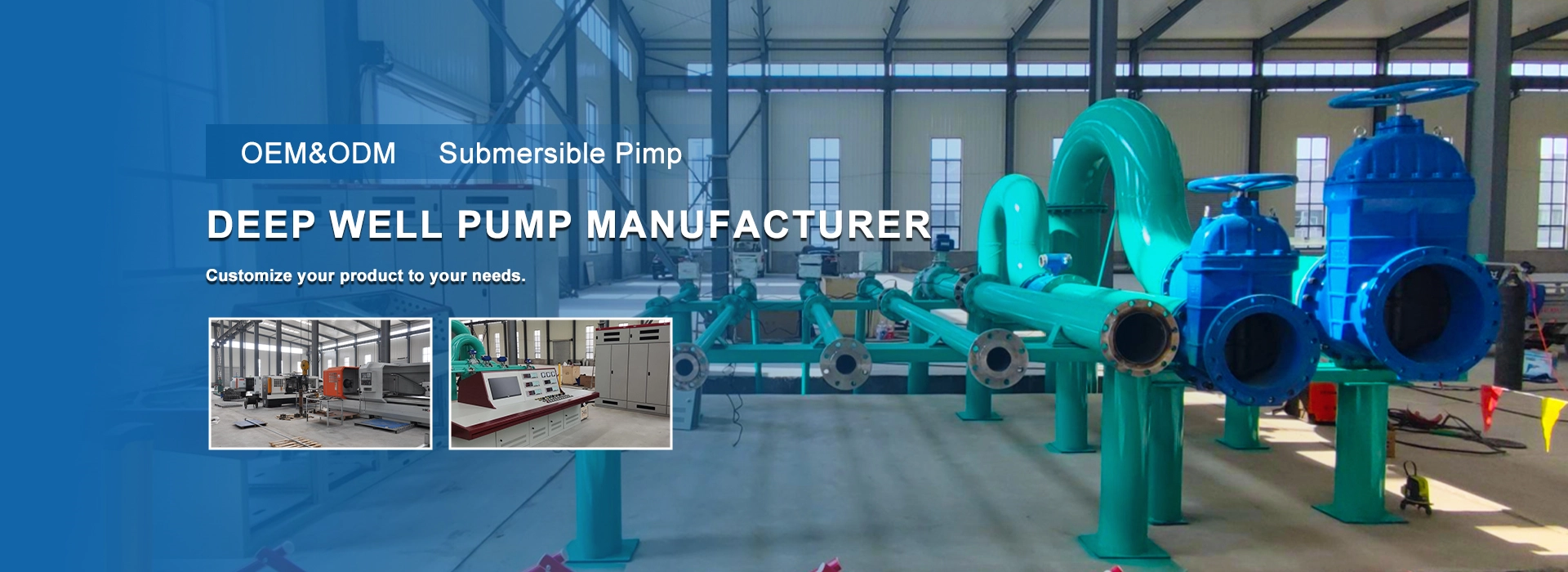Aug . 05, 2024 20:47 Back to list
Choosing the Right Submersible Water Pump for Your Well System Needs and Efficiency
The Essential Role of Submersible Water Pumps in Well Systems
Submersible water pumps are crucial components in modern water management, particularly in the context of well systems. Their design and functionality make them ideal for drawing groundwater efficiently and reliably, serving various applications ranging from agricultural irrigation to residential water supply.
What is a Submersible Water Pump?
A submersible water pump is a type of pump that is designed to function while submerged in water. Unlike traditional pumps that operate above the water level, submersible pumps are sealed in a watertight casing, allowing them to be immersed directly in the water source. This unique design allows for efficient pumping, reducing the risk of flooding and increasing the overall efficiency of the water extraction process.
How Submersible Pumps Work
The operating principle of submersible water pumps is relatively straightforward. The pump is equipped with an electric motor that powers a series of impellers, which are mechanical devices that move water by converting rotational energy into kinetic energy. When activated, the motor rotates the impellers, creating a low-pressure area that pulls water into the pump. The liquid is then forced upwards through a discharge pipe, facilitating the distribution of water to the surface.
Submersible water pumps are capable of handling various types of liquids, but they are primarily used for groundwater extraction. Their ability to work underwater allows them to overcome the challenges presented by high vertical lifts, making them ideal for deep wells where traditional centrifugal pumps may struggle.
Applications of Submersible Pumps
The versatility of submersible water pumps makes them suitable for a wide range of applications
submersible water pump well

1. Residential Use In homes with private wells, submersible pumps are commonly employed to supply water for drinking, cooking, and irrigation purposes. They ensure a steady flow of water even in the driest conditions.
2. Agricultural Irrigation Farmers leverage submersible pumps to access underground water reserves for irrigation. These pumps enable efficient and sustainable farming practices by providing consistent watering to crops, even in arid regions.
3. Construction Sites In construction projects, submersible pumps are used to remove excess water from excavations, ensuring safe working conditions and preventing water damage to foundation structures.
4. Dewatering Applications Submersible pumps are commonly utilized in industries to dewater mines, tunnels, and flooded areas. Their compact size and strong pumping capability make them perfect for environments where water management is critical.
Advantages of Submersible Water Pumps
Submersible water pumps offer several benefits over conventional pumps
- Efficiency These pumps operate effectively and provide high flow rates, which translates into quicker water extraction. - Reduced Energy Consumption As they are submerged, they can operate at lower power levels compared to above-ground systems, leading to lower energy costs. - Durability With their robust construction, submersible pumps are designed to withstand harsh conditions, including extreme temperatures and corrosive environments. - Less Noise Because they are located underwater, submersible pumps operate quietly, minimizing noise pollution in residential or peaceful settings.
Conclusion
In summary, submersible water pumps play a vital role in water supply systems, especially in well applications. Their efficiency, versatility, and durability make them an essential choice for various industries and domestic needs. As the demand for reliable water sources continues to grow, investing in high-quality submersible pumps can ensure sustainable and effective water management strategies for the future.
-
Submersible Water Pump: The Efficient 'Power Pioneer' of the Underwater World
NewsJul.01,2025
-
Submersible Pond Pump: The Hidden Guardian of Water Landscape Ecology
NewsJul.01,2025
-
Stainless Well Pump: A Reliable and Durable Pumping Main Force
NewsJul.01,2025
-
Stainless Steel Submersible Pump: An Efficient and Versatile Tool for Underwater Operations
NewsJul.01,2025
-
Deep Well Submersible Pump: An Efficient 'Sucker' of Groundwater Sources
NewsJul.01,2025
-
Deep Water Well Pump: An Efficient 'Sucker' of Groundwater Sources
NewsJul.01,2025
-
 Submersible Water Pump: The Efficient 'Power Pioneer' of the Underwater WorldIn the field of hydraulic equipment, the Submersible Water Pump has become the core equipment for underwater operations and water resource transportation due to its unique design and excellent performance.Detail
Submersible Water Pump: The Efficient 'Power Pioneer' of the Underwater WorldIn the field of hydraulic equipment, the Submersible Water Pump has become the core equipment for underwater operations and water resource transportation due to its unique design and excellent performance.Detail -
 Submersible Pond Pump: The Hidden Guardian of Water Landscape EcologyIn courtyard landscapes, ecological ponds, and even small-scale water conservancy projects, there is a silent yet indispensable equipment - the Submersible Pond Pump.Detail
Submersible Pond Pump: The Hidden Guardian of Water Landscape EcologyIn courtyard landscapes, ecological ponds, and even small-scale water conservancy projects, there is a silent yet indispensable equipment - the Submersible Pond Pump.Detail -
 Stainless Well Pump: A Reliable and Durable Pumping Main ForceIn the field of water resource transportation, Stainless Well Pump has become the core equipment for various pumping scenarios with its excellent performance and reliable quality.Detail
Stainless Well Pump: A Reliable and Durable Pumping Main ForceIn the field of water resource transportation, Stainless Well Pump has become the core equipment for various pumping scenarios with its excellent performance and reliable quality.Detail
